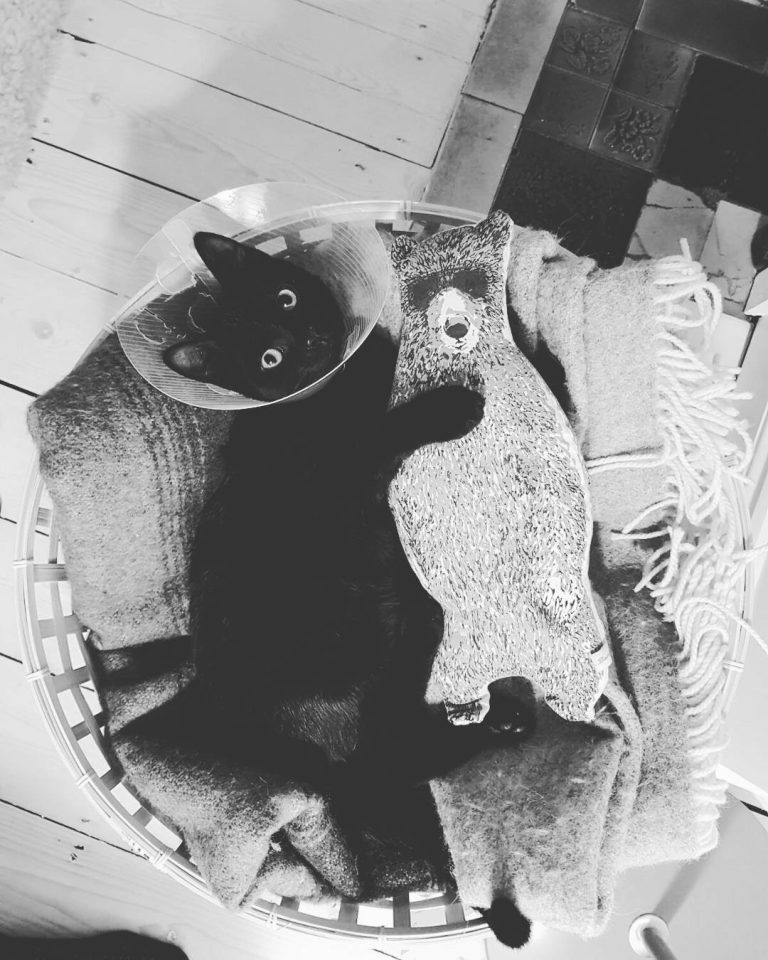5 Common Mistakes That Hurt Your Pet’s Trust
Building trust with your pet is crucial for a healthy, long-lasting relationship. Trust ensures that your furry friend feels safe, secure, and loved in your presence. However, there are certain actions and behaviors that can unintentionally break this trust, leading to fear, anxiety, or behavioral problems. Here are five common mistakes that can hurt your pet’s trust and how to avoid them.
1. Inconsistent Training and Boundaries
Consistency is key when it comes to building trust with your pet. If you set boundaries one day but ignore them the next, your pet will become confused. For example, if you allow your dog to sit on the couch sometimes but scold them for doing so at other times, they won’t understand what’s acceptable. This inconsistency can make your pet anxious and unsure of your expectations.
To build trust, it’s important to be clear and consistent with your rules and training. Establish boundaries early on and stick to them. Reinforce positive behavior with rewards and calmly correct undesirable actions. This will help your pet feel secure, knowing what is expected of them and how they should behave.
2. Using Punishment Instead of Positive Reinforcement
Many pet owners make the mistake of using punishment to correct bad behavior, thinking it will teach their pet to stop unwanted actions. However, punishment can actually damage your pet’s trust in you. Yelling, hitting, or using negative reinforcement can cause fear and anxiety, leading to a breakdown in your relationship. Pets don’t always understand why they’re being punished, and they may start to associate you with fear rather than love.
Instead of punishing bad behavior, use positive reinforcement to encourage good behavior. Reward your pet with treats, praise, or affection when they follow commands or behave well. Positive reinforcement helps to build trust and encourages your pet to repeat behaviors that make you happy.
3. Forcing Socialization or Overwhelming Them
While socializing your pet is important, forcing them into uncomfortable situations can erode their trust. Some pets are naturally shy or anxious around strangers or other animals, and pushing them to interact before they’re ready can make them feel threatened. Similarly, overwhelming your pet with too many new experiences at once can lead to stress and fear.
The key to building trust through socialization is to introduce new people, pets, or environments gradually. Pay attention to your pet’s body language and respect their comfort zone. Let them explore at their own pace and reward them for calm behavior. Over time, they will feel more confident and trust that you won’t put them in harm’s way.
4. Neglecting Their Emotional and Physical Needs
Pets are highly attuned to their owners’ attention and care. Neglecting your pet’s emotional or physical needs, even unintentionally, can damage the trust they have in you. Ignoring signs of anxiety, not spending enough quality time with them, or failing to provide regular care such as feeding, grooming, or exercise can make your pet feel neglected and insecure.
To maintain your pet’s trust, it’s important to be attentive to their needs. Spend quality time playing, petting, or simply being present with your pet. Ensure they receive adequate exercise, mental stimulation, and proper care. Meeting their physical and emotional needs consistently shows your pet that you are reliable and can be trusted.
5. Handling Them Roughly
Pets are sensitive to how they are physically handled. Rough handling—whether during grooming, play, or simply picking them up—can make your pet feel unsafe and cause them to lose trust in you. Even if it’s unintentional, being too forceful or handling them in a way that causes discomfort can create fear and anxiety.
Always be gentle when handling your pet. Use slow, calm movements, and be mindful of their reactions. If your pet resists being touched in certain areas, respect their boundaries and work on building trust through positive interactions. Over time, they will feel more comfortable and secure in your hands.
Conclusion
Trust is the foundation of a strong, healthy relationship with your pet, but it can be easily broken through common mistakes like inconsistency, punishment, or neglect. By being mindful of your actions and focusing on positive reinforcement, gentle handling, and consistent care, you can foster a trusting and loving bond with your pet. Trust, once built, ensures that your pet feels safe, secure, and loved in your presence, leading to a happier and healthier life for both of you.










